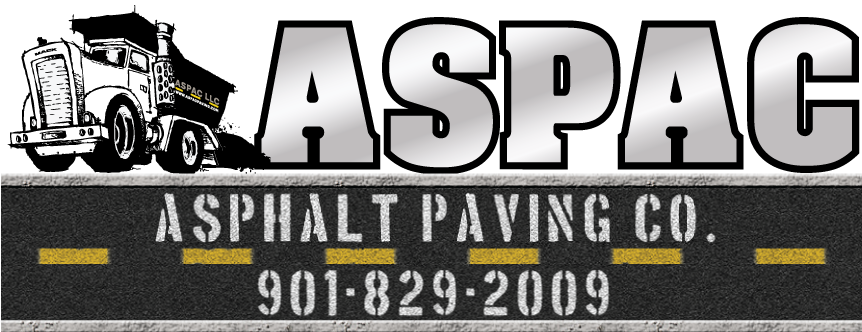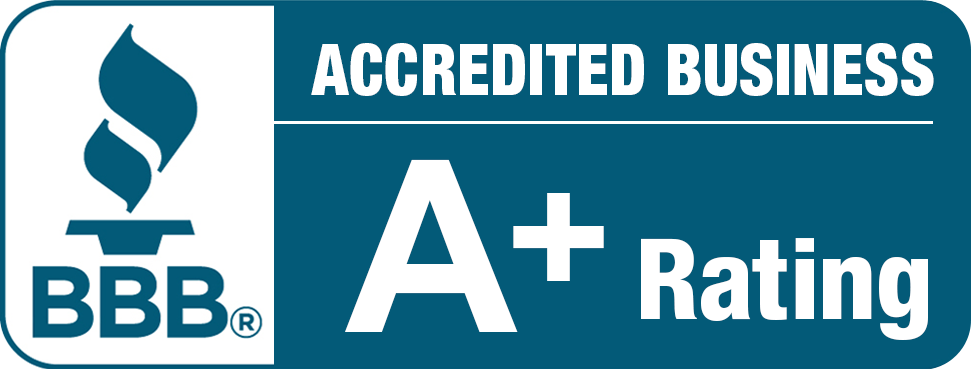Frequently Asked Questions
We know that choosing a contractor for your paving project is a big decision, so we want you to be as informed as possible. If you have a question that is not addressed below, please reach out and we’ll respond with the answer.
What most people know as asphalt is actually asphalt concrete and is comprised of an aggregate such as sand and gravel mixed with a material called bitumen. Bitumen is a tar-like substance found on the walls of naturally-occurring oil deposits.
We perform work in Memphis, Millington, Atoka, Tipton and the surrounding areas.
Yes, in most cases you can pave over concrete. Keep in mind that asphalt is only as good as its foundation. In some cases, already having concrete saves you the cost of installing a base layer. Let us come evaluate your project to let you know what your options are and the best way to proceed.
Typically properly maintained asphalt will last for 25 or more years before it needs to be resurfaced. Several factors can affect its longevity. Premature wear can be caused by improper installation, using the wrong asphalt mix for the area to be paved or having an improper base layer. With a high-quality installation, proper maintenance and regular sealings, you can dramatically increase the lifespan of your asphalt and have a driveway that looks like new for years to come. When it does finally wear out, you are usually able to overlay a thin layer on the previous asphalt which allows you to save money and restart the clock.
Typically you should put a seal coat on your asphalt every 3 – 5 years to ensure its longevity. As asphalt begins to age it will start losing the dark black color and begin to show the gray aggregate underneath. Once this happens it has lost most of its protective coating and if it is not re-coated soon it will begin to breakdown, and have to be replaced.
The cost of asphalt projects can vary drastically. Some projects require more preparation and may require dirt work and adjusting the grade. Others may already have a foundation ready. We suggest you contact us for a free estimate and let our skilled team members answer all of your questions.
When major decay is obvious, when you have major cracks that are greater than a quarter inch wide or you have sand and gravel settlements, it is typically time to repave. If it is only a few areas, you might be able to repair the areas and reseal the remainder of the driveway. Call us and let us give you a free estimate. We can tell you if you can repair or if your project needs to be repaved.
Request A Callback





